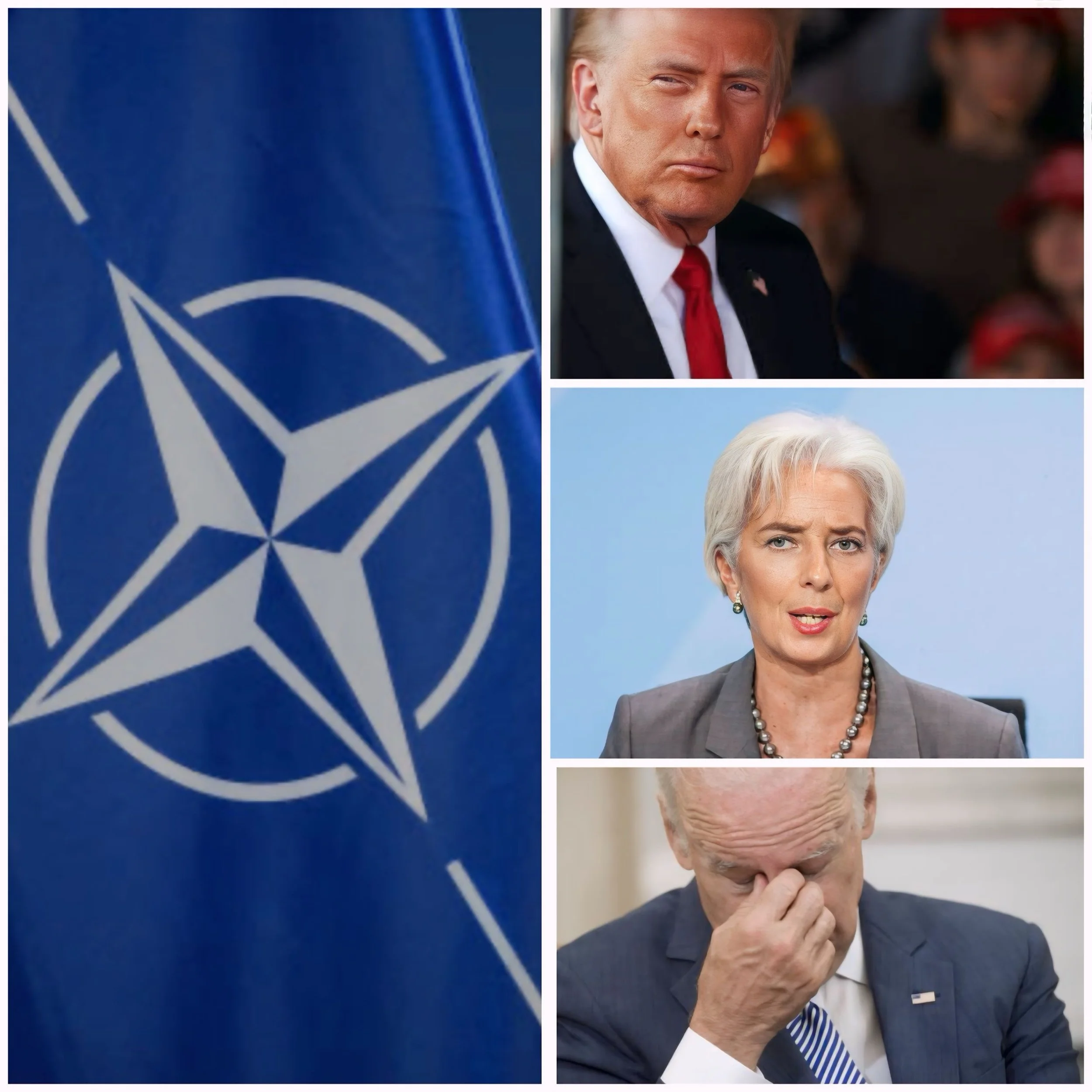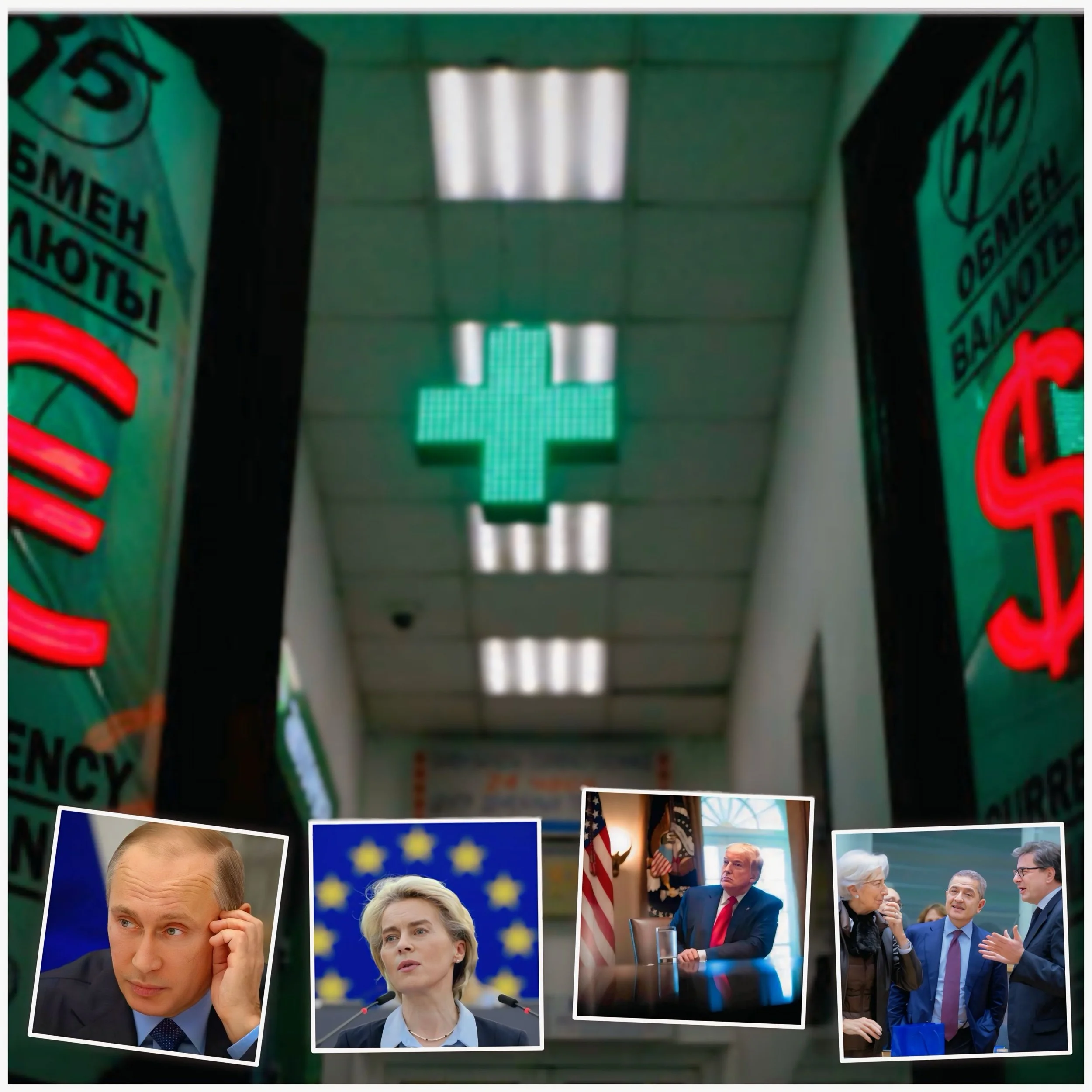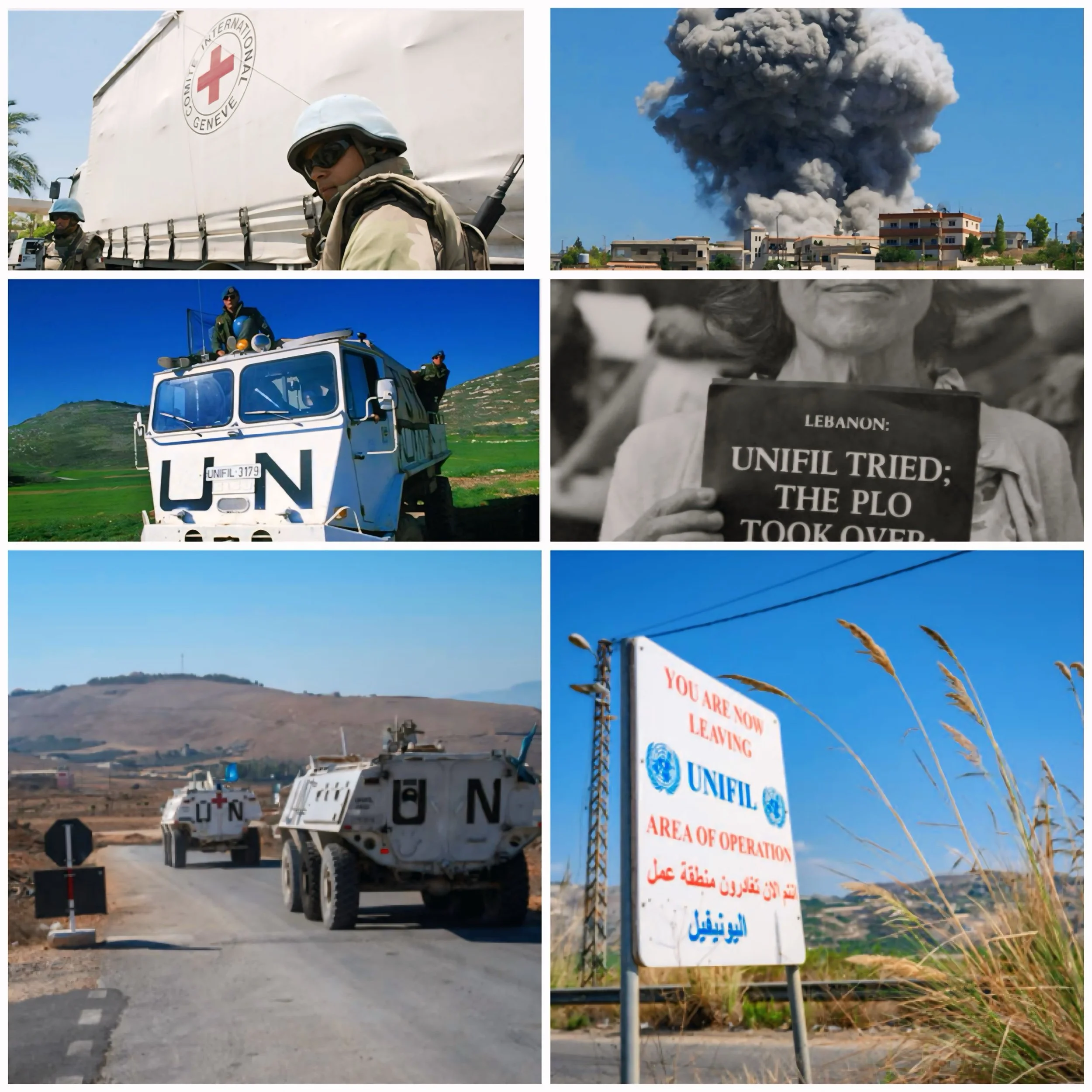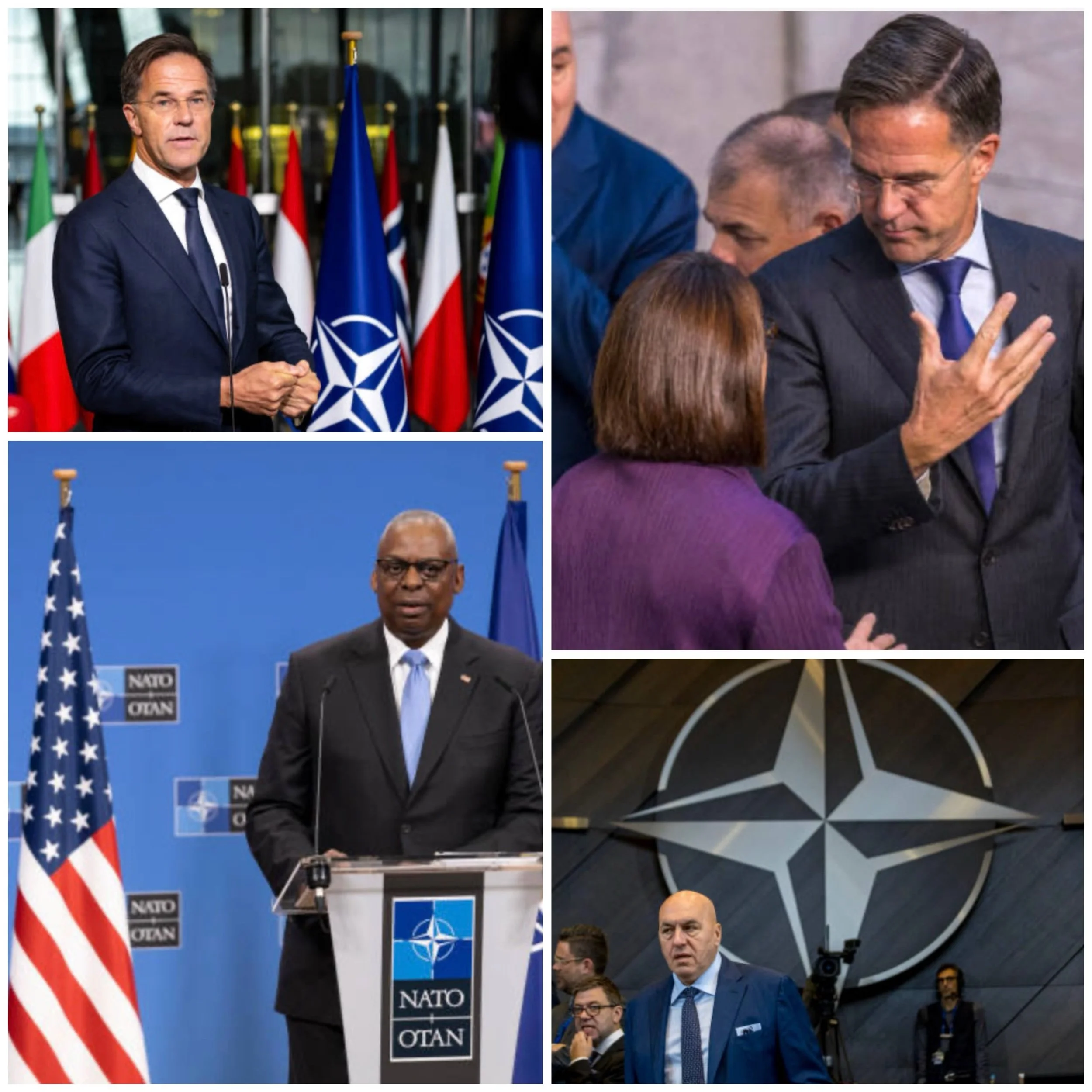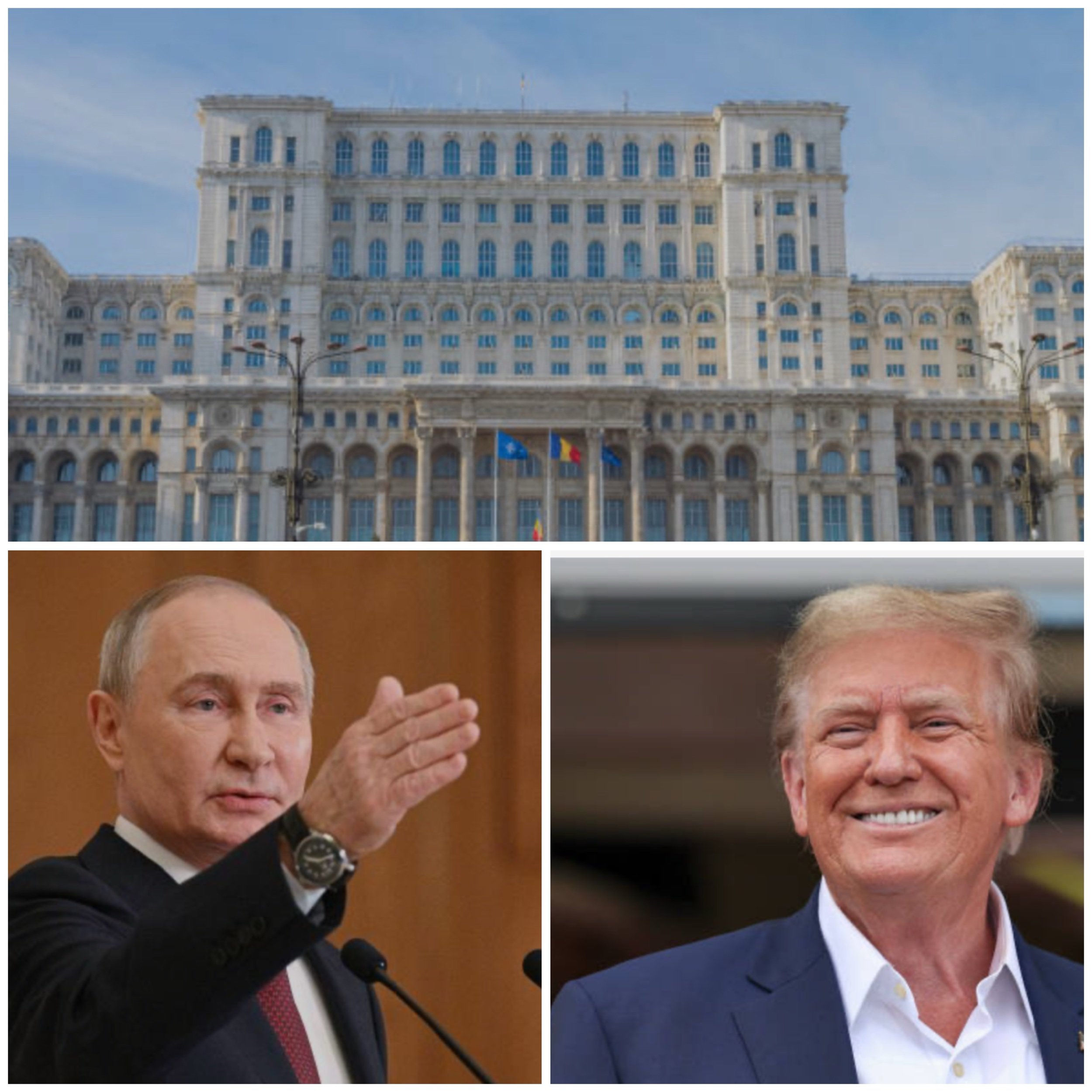How might Western fatigue impact the future of NATO
Introduction
Western fatigue regarding the ongoing conflict in Ukraine may significantly impact the future of NATO, influencing its cohesion, strategic focus, and operational capabilities. As public support for military aid and involvement in Ukraine appears to wane, several key implications emerge for the alliance.
Implications of Western Fatigue on NATO
Erosion of Cohesion and Unity
The perception of war fatigue among Western nations could lead to cracks in the solidarity that NATO has displayed since the onset of the conflict. Some member states may begin to prioritize national interests over collective defense commitments, potentially undermining NATO’s unified stance against Russia. This is particularly concerning as dissenting voices within NATO, such as those from Hungary and Slovakia, may gain traction, especially if political shifts occur in the U.S. following the 2024 elections.
Reduced Military Support for Ukraine
A decline in public support for continued military aid to Ukraine could result in diminished resources allocated by NATO members. If major contributors like the U.S. reduce their support due to domestic political pressures or a shift in administration, this could leave Ukraine vulnerable and weaken NATO’s deterrence posture against Russia. Analysts warn that without sustained support, Ukraine’s ability to defend itself could be severely compromised, which would have broader implications for European security.
Shift in Strategic Focus
As fatigue sets in, NATO may find it challenging to maintain its current strategic focus on deterring Russian aggression. Member states might begin to advocate for negotiations or compromises with Russia, which could dilute NATO’s collective defense commitments and lead to a reassessment of its long-term objectives regarding both Russia and China. This shift could hinder NATO’s ability to adapt to emerging threats and maintain its relevance in a changing geopolitical landscape.
Impact on Defense Spending
The economic pressures stemming from war fatigue may cause member states to reconsider their defense budgets. Many countries are already struggling to meet the NATO guideline of spending 2% of GDP on defense. If public sentiment turns against continued military expenditures related to the conflict, this could further exacerbate disparities in defense capabilities among allies, weakening NATO’s overall deterrent effect.
Challenges in Future Enlargement
The prospect of NATO expansion may also be affected by Western fatigue. If member states become more hesitant about committing resources and political capital to support new members or initiatives aimed at countering Russian influence, this could stall or reverse previous commitments to keep an “open door” policy towards countries seeking NATO membership.
Conclusion
The potential for Western fatigue poses significant challenges for NATO’s future effectiveness and unity. As member states navigate domestic pressures and shifting public opinions regarding the conflict in Ukraine, maintaining a cohesive strategy that supports both Ukraine and deters Russian aggression will require careful management and renewed commitment from all allies. The coming months will be crucial as NATO seeks to balance these internal dynamics with its overarching mission of collective defense in an increasingly complex global security environment.

